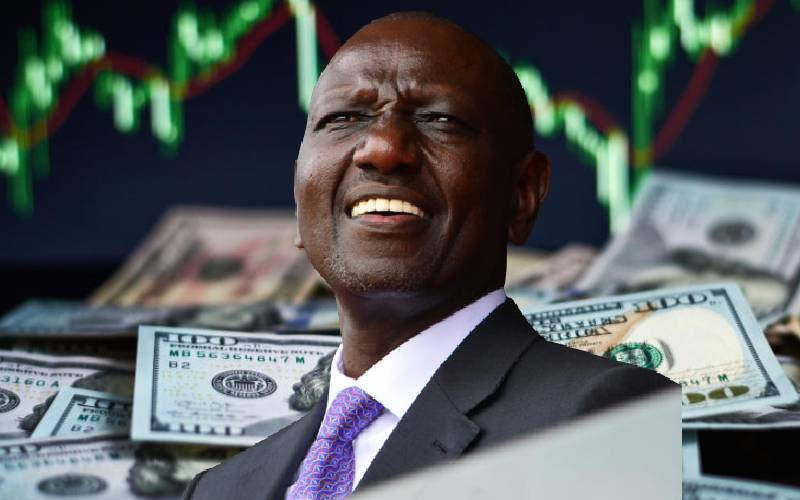×
The Standard e-Paper
Kenya’s Boldest Voice

It seems President William Ruto has the spirit of Kwame Nkrumah of Muammar Ghaddafi, Nelson Mandela, Julius Nyerere and Robert Mugabe, envisioning an Africa where political and economic independence are coupled.